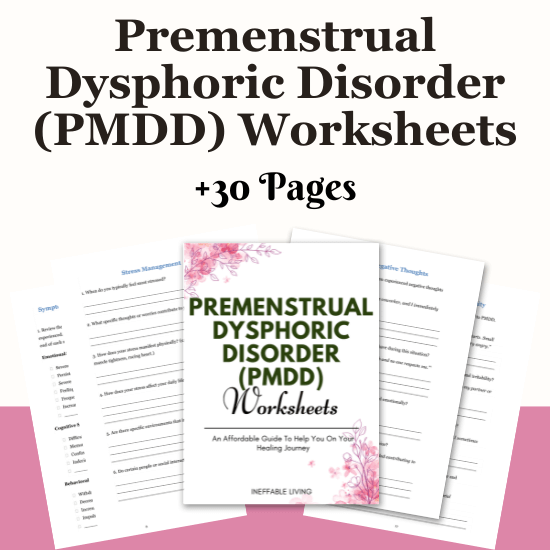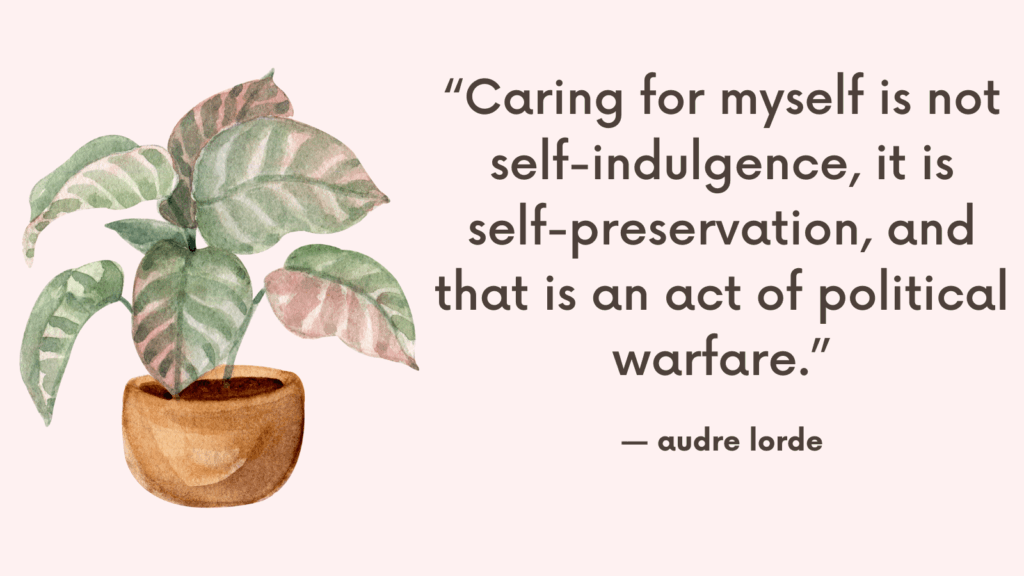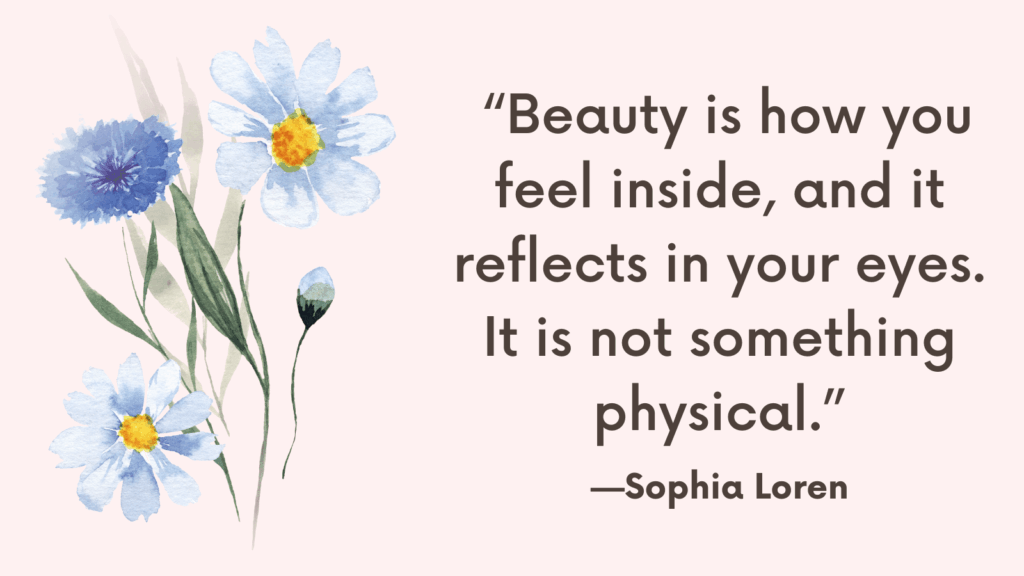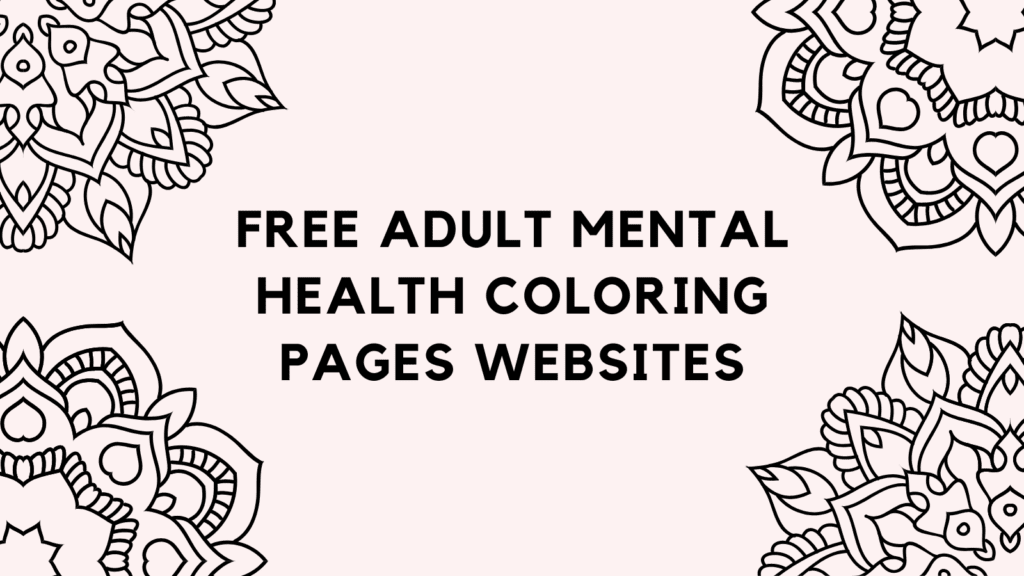Your menstrual cycle is more than just your period — it’s a monthly rhythm that affects your energy, mood, appetite, creativity, and focus. Instead of fighting those changes, you can work with your cycle by adjusting your self-care throughout each phase. Below is a breakdown of the four main phases and how to support your body and mind through each one.
Why Your Cycle Affects Your Energy, Mood, and Focus
Your menstrual cycle isn’t just about your period—it’s a complex hormonal rhythm that impacts every aspect of your wellbeing. Across the month, fluctuations in estrogen, progesterone, and other hormones affect:
- Your energy levels and motivation
- Your mental clarity and focus
- Your sleep quality
- Your stress response and emotional sensitivity
- Your physical strength and pain tolerance
Understanding what’s happening in each phase helps you work with your body—not against it.
Menstrual Cycle Self-Care: Best Practices for Each Phase
1. Menstrual Phase (Days 1–5)
What’s happening: Hormone levels drop. The uterine lining sheds. Energy is often lowest here.
How you might feel: Tired, introspective, crampy, sensitive, inward.
Self-Care Practices:
- Rest without guilt — your body is doing a lot behind the scenes.
- Use heat packs, gentle movement, or magnesium for cramps.
- Say no to over-scheduling or intense tasks if possible.
- Journal, reflect, and slow down. This is a good time for emotional release.
- Eat warm, iron-rich foods like soups, lentils, and leafy greens.
- Sip herbal teas like ginger or chamomile to soothe discomfort.
2. Follicular Phase (Days 6–13)
What’s happening: Estrogen begins to rise. The body prepares to release an egg.
How you might feel: Energized, optimistic, mentally sharp, motivated.
Self-Care Practices:
- Try new projects, goals, or routines — your brain is primed for learning.
- Move more — strength training or cardio often feels easier now.
- Eat protein and fresh vegetables to support rising energy.
- Socialize or collaborate — you’re likely more outward-focused.
- Start tracking habits, planning events, or scheduling more intensive tasks.
Related: How to Manage Premenstrual Dysphoric Disorder (PMDD)?
3. Ovulatory Phase (Days 14–16)
What’s happening: Estrogen peaks, and ovulation occurs.
How you might feel: Confident, sociable, magnetic, energized.
Self-Care Practices:
- Schedule interviews, presentations, or important conversations now.
- Eat lighter meals rich in fiber and antioxidants to reduce bloating.
- Engage in expressive movement — dancing, yoga, or community workouts.
- Practice mindfulness to stay grounded in this high-energy phase.
- Stay hydrated and listen for any signs of overstimulation or tension.
4. Luteal Phase (Days 17–28)
What’s happening: Progesterone rises. If no pregnancy occurs, hormones begin to fall.
How you might feel: Moodier, fatigued, inward, prone to anxiety or cravings.
Self-Care Practices:
- Prioritize routine, rest, and low-pressure environments.
- Say no to new commitments or anything that drains you.
- Eat warming, complex-carb-rich foods to stabilize mood and blood sugar.
- Do gentle movement like walking, stretching, or yin yoga.
- Practice self-compassion and emotional check-ins — this phase often surfaces insecurities.
Bonus Tip: Track your cycle with a journal or app to notice your patterns. The more awareness you build, the more you can plan your life around your cycle — instead of in conflict with it.
Related: Why You Can’t Pour From An Empty Cup? 8 Reasons

Conclusion
Working with your cycle is not about limiting yourself — it’s about syncing with your body’s natural energy shifts. When you adjust your self-care to match each phase, you support hormonal balance, reduce burnout, and feel more aligned with your body and your life.



